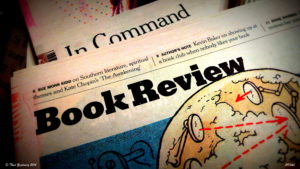Written by Hossein Dabbagh – Philosophy Tutor at Oxford University
hossein.dabbagh@conted.ox.ac.uk
We have the right, ceteris paribus, to ridicule a belief (its propositional content), i.e., harshly criticise it. If someone, despite all evidence, for instance, believes with certainty that no one can see him when he closes his eyes, we might be justified to practice our right to ridicule his belief. But if we ridicule a belief in terms of its propositional content (i.e., “what ridiculous proposition”), don’t we thereby “insult” anyone who holds the belief by implying that they must not be very intelligent? It seems so. If ridiculing a belief overlaps with insulting a person by virtue of their holding that belief, an immediate question would arise: Do we have the right to insult people in the sense of expressing a lack of appropriate regard for the belief-holder? Sometimes, at least. Some people might deserve to be insulted on the basis of the beliefs they hold or express—for example, politicians who harm the public with their actions and speeches. However, things get complicated if we take into consideration people’s right to live with respect, i.e., free from unwarranted insult. We seem to have two conflicting rights that need to be weighed against each other in practice. The insulters would only have the right to insult, as a pro tanto right, if this right is not overridden by the weightier rights that various insultees (i.e., believers) may have.Read More »Guest Post: The Ethics of the Insulted—Salman Rushdie’s Case



